Science fiction films have long been a source of awe and wonder, pushing the boundaries of imagination and exploring humanity’s greatest questions. Some of these films have had such a profound impact that they not only changed the course of cinema but also reshaped how we think about the future, technology, and our place in the universe. Here are 10 masterpieces that every sci-fi lover should revisit, each one offering a unique take on society, human nature, and the unknown.
Metropolis – How Sci-Fi Found Its First Images
When Metropolis hit theaters in 1927, it was more than just a film; it was a visionary leap into the future. Directed by Fritz Lang, the film depicted the stark contrast between the affluent elite living in a luxurious city and the oppressed workers toiling in the depths below. The iconic image of the android Maria marked the beginning of robot figures in sci-fi. Metropolis wasn’t just groundbreaking for its massive production scale, involving over 36,000 extras, but also for its expressionist visuals that became synonymous with dystopian futures. Though initially poorly received, it has since been cemented as a foundational work in the genre.
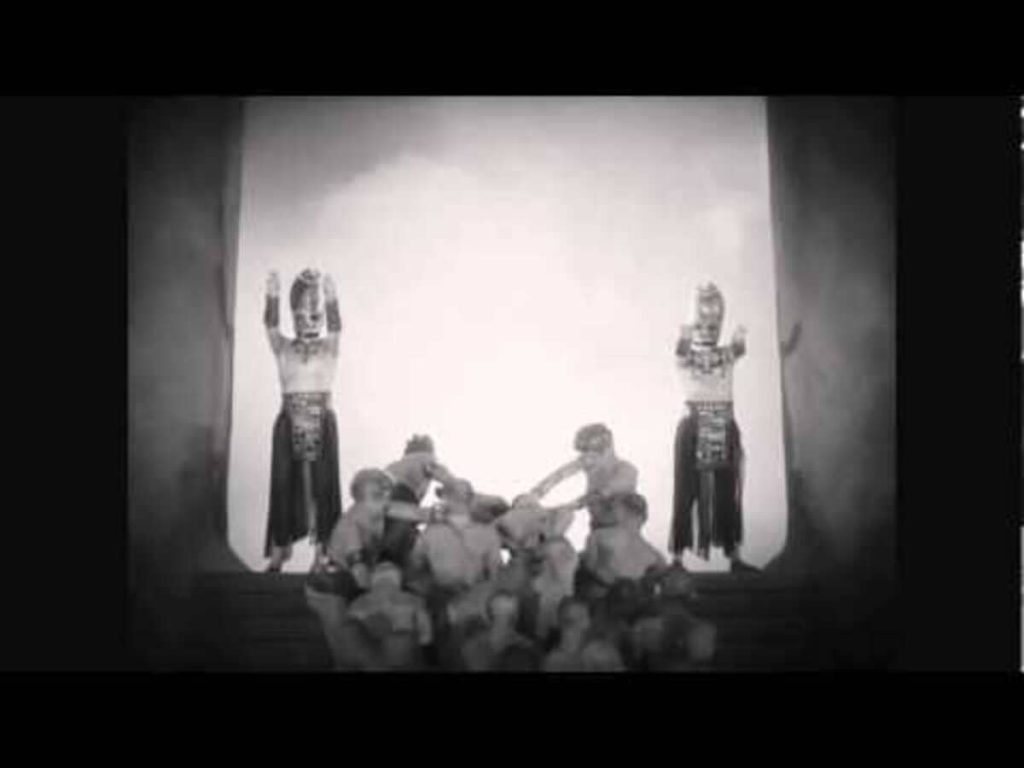
Planet of the Apes – A Disturbing Mirror Held to Humanity
When Planet of the Apes hit cinemas in 1968, it delivered a chilling political fable that would go on to become a classic. In a future where talking apes dominate humanity, astronaut George Taylor (Charlton Heston) finds himself on a planet turned upside down. The film’s famous final twist, revealing that this alien world is actually Earth, remains one of the most shocking and memorable moments in cinematic history. The revolutionary makeup effects, particularly by John Chambers, and the eerie atmosphere made it a landmark in both sci-fi and political cinema.
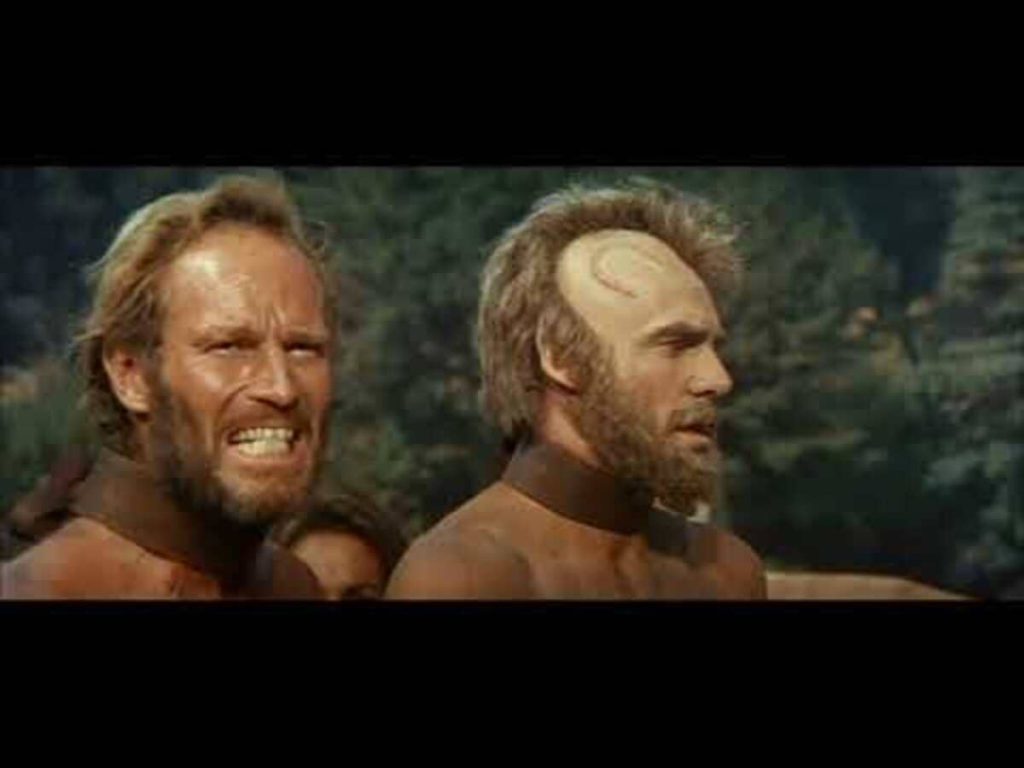
Soylent Green – Eco-Apocalypse Before Its Time
In 1973, Richard Fleischer’s Soylent Green offered a grim, prophetic look at a world ravaged by overpopulation and environmental collapse. In a future New York City where people survive on a synthetic food product called Soylent Green, the devastating twist—that the food is made from human bodies—was more than just a shocking revelation. The film tackled overpopulation, ecological collapse, and humanity’s diminishing resources, themes that are increasingly relevant today.
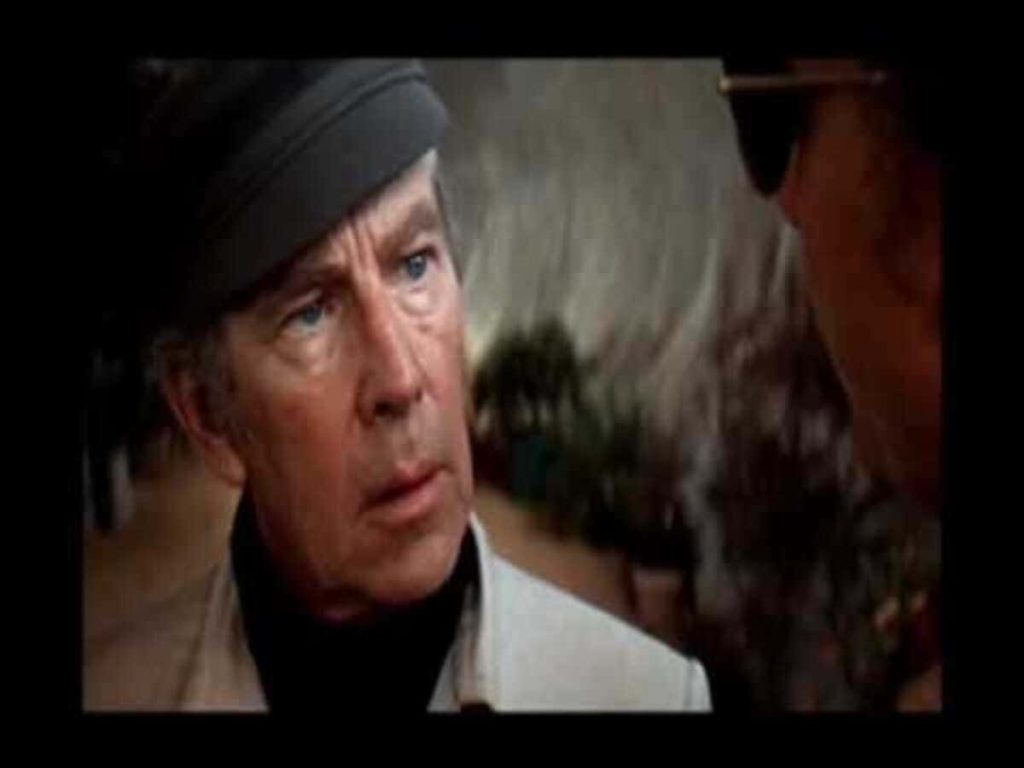
2001: A Space Odyssey – Humanity’s Encounter with the Cosmic Unknown
Stanley Kubrick’s 1968 classic 2001: A Space Odyssey remains one of the most influential sci-fi films ever made. It explores the journey of human evolution, from early hominids to the dawn of space exploration. The film’s portrayal of the iconic HAL 9000 and the mysterious monoliths still sparks discussion and interpretation, making it a visual and philosophical marvel. Kubrick, in collaboration with Arthur C. Clarke, created a film that defies easy explanation and remains a cinematic high point of sensory and metaphysical storytelling.
Star Wars – The Sci-Fi Phenomenon That Changed Pop Culture
George Lucas’s Star Wars (1977) revolutionized not only the genre of sci-fi but the entire film industry. Blending adventure, mythology, politics, and technology, it created an entire universe that resonated with audiences worldwide. Though initially met with skepticism, the original trilogy became a cultural juggernaut, shaping the way we tell stories about the future and fantasy. Its influence on contemporary pop culture and modern cinema is undeniable, and it remains a timeless classic.
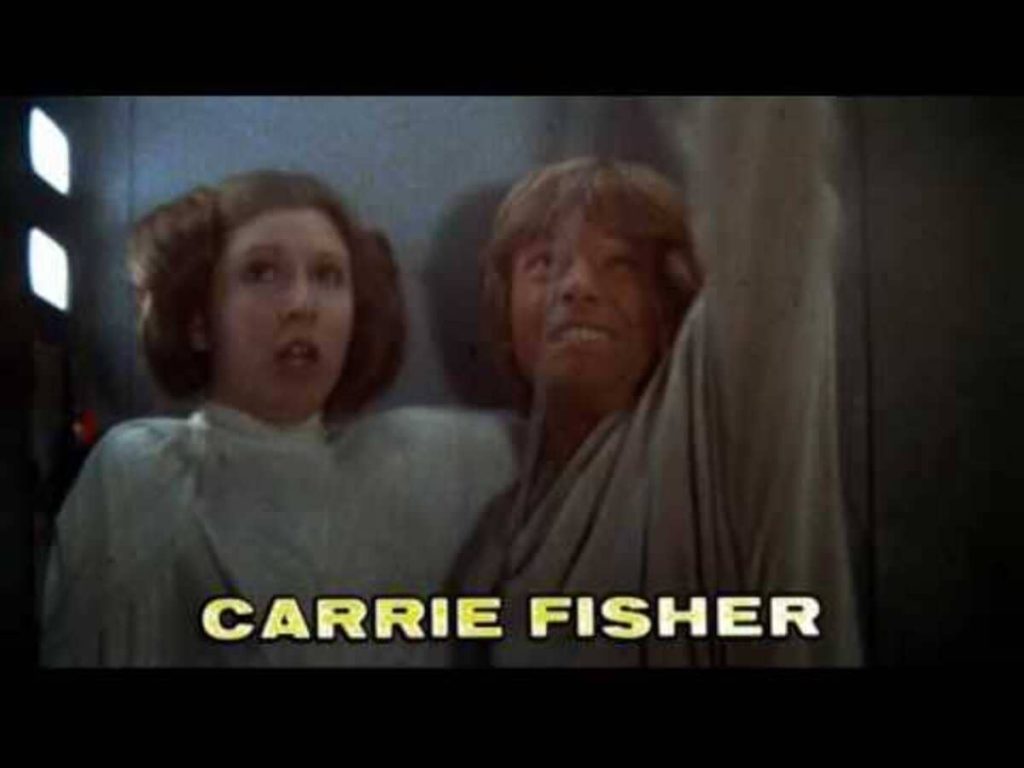
Alien – The Horror of the Silent Void
Ridley Scott’s Alien (1979) is a masterclass in atmospheric horror, set aboard a commercial spaceship where an unknown organism begins hunting the crew. With minimalist dialogue and a focus on silence, Scott creates a sense of dread and claustrophobia, making every moment of the film unbearable. Sigourney Weaver’s portrayal of Ripley, the ultimate final girl, redefined the role of women in genre films and solidified Alien as one of the scariest films ever made.
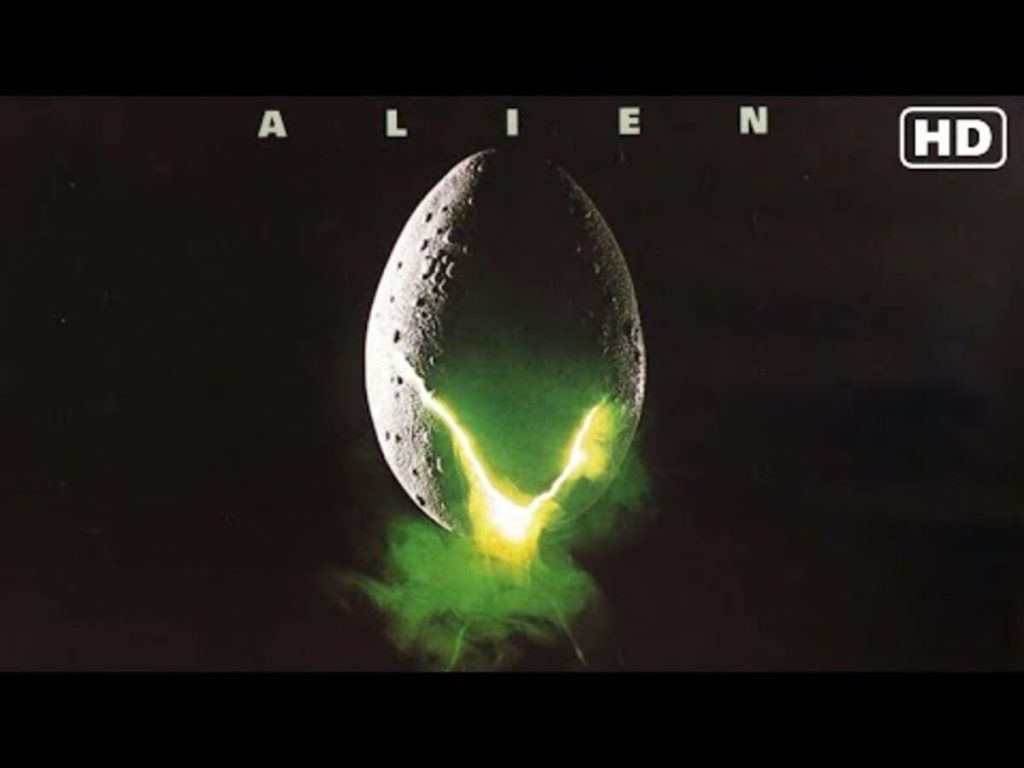
Blade Runner – The Dystopian Soul of Cyberpunk
In 1982, Ridley Scott’s Blade Runner redefined what a sci-fi film could look like. Set in a rain-soaked Los Angeles of the future, the film explored identity and humanity through the story of Rick Deckard (Harrison Ford), a “Blade Runner” tasked with hunting down rogue replicants—androids who appear human. The film’s cyberpunk aesthetic, blending noir elements with futuristic technology, and its questions about what it means to be truly human, have influenced countless films and works of fiction since.
Back to the Future – Time Travel and Pop Culture’s Favorite Journey
Robert Zemeckis’ 1985 film Back to the Future is a perfect mix of sci-fi, comedy, and time travel. The adventures of Marty McFly (Michael J. Fox) and Doc Brown (Christopher Lloyd) as they travel back and forth through time not only provide endless fun but also explore the impact of family and legacy. With its clever narrative and memorable characters, the film became a cultural touchstone and continues to inspire new generations, cementing its place as one of the most beloved sci-fi films.
The Matrix – A New Reality for Sci-Fi
In 1999, The Wachowskis introduced a mind-bending film that blurred the lines between reality and illusion. The Matrix is a philosophical action film where Neo (Keanu Reeves) discovers that the world he knows is a simulation controlled by an artificial intelligence. With groundbreaking visual effects like “bullet time”, the film’s influence on both cinema and pop culture is undeniable, exploring themes of freedom, choice, and identity.
Arrival – Sci-Fi Meets the Human Experience
Denis Villeneuve’s 2016 film Arrival is a subtle yet powerful exploration of language, time, and human connection. Starring Amy Adams as a linguist tasked with communicating with alien visitors, the film uses the backdrop of an alien encounter to explore deeper emotional and philosophical questions. It challenges traditional sci-fi tropes of invasion and warfare, opting instead for a more intimate and reflective narrative. Arrival proves that science fiction can not only explore the unknown but also shed light on the human experience in profound ways.
Conclusion
These 10 films have each contributed something unique to the genre of science fiction, challenging our perceptions of the future, humanity, and our place in the universe. Whether you’re revisiting classics or discovering them for the first time, these films continue to resonate with audiences, offering timeless reflections on technology, society, and the unknown.


